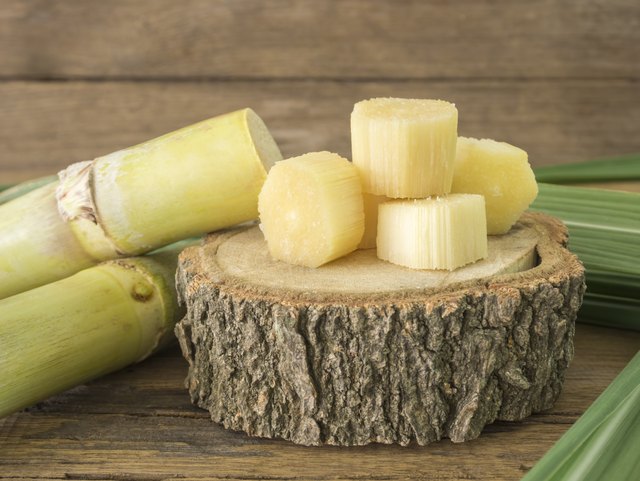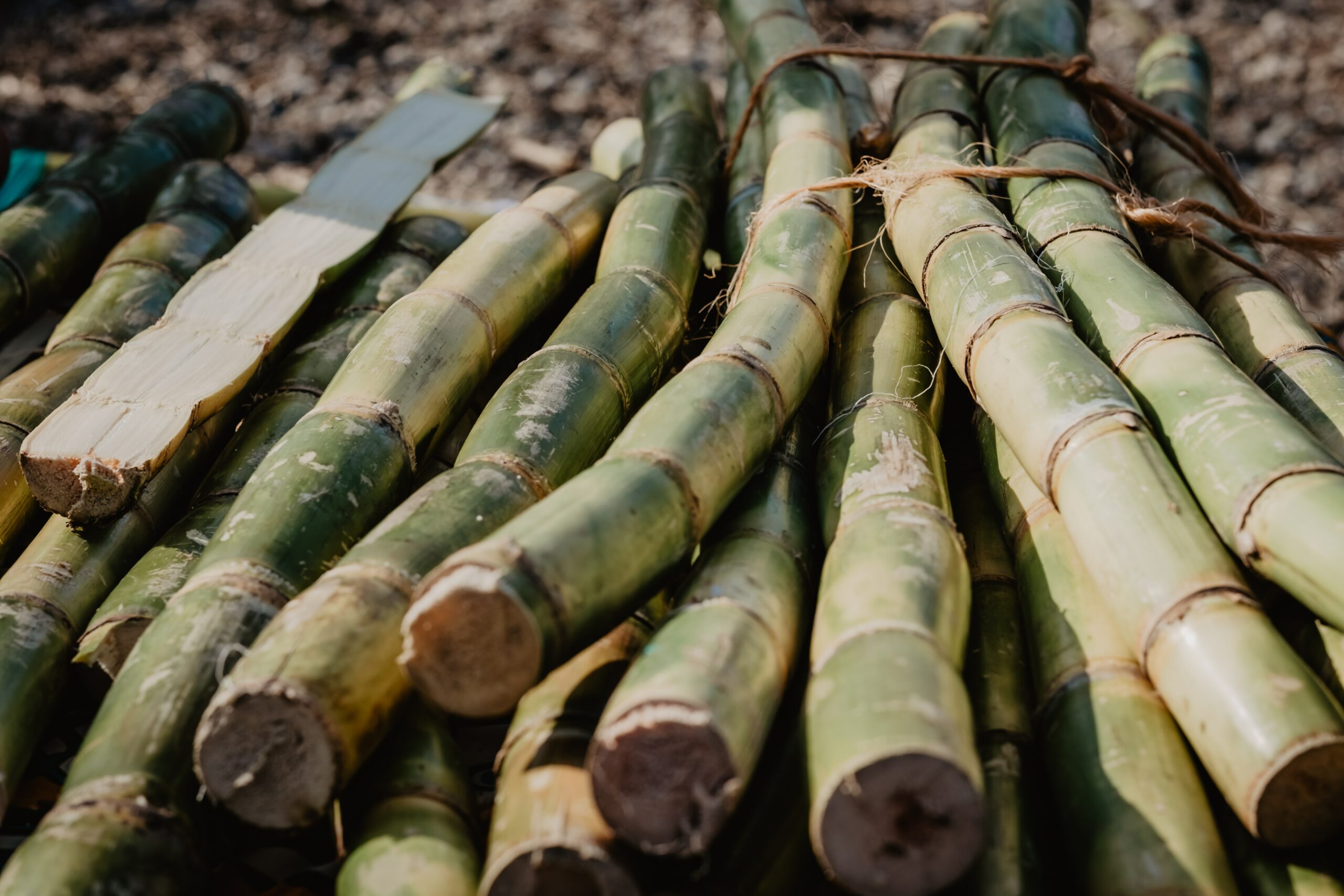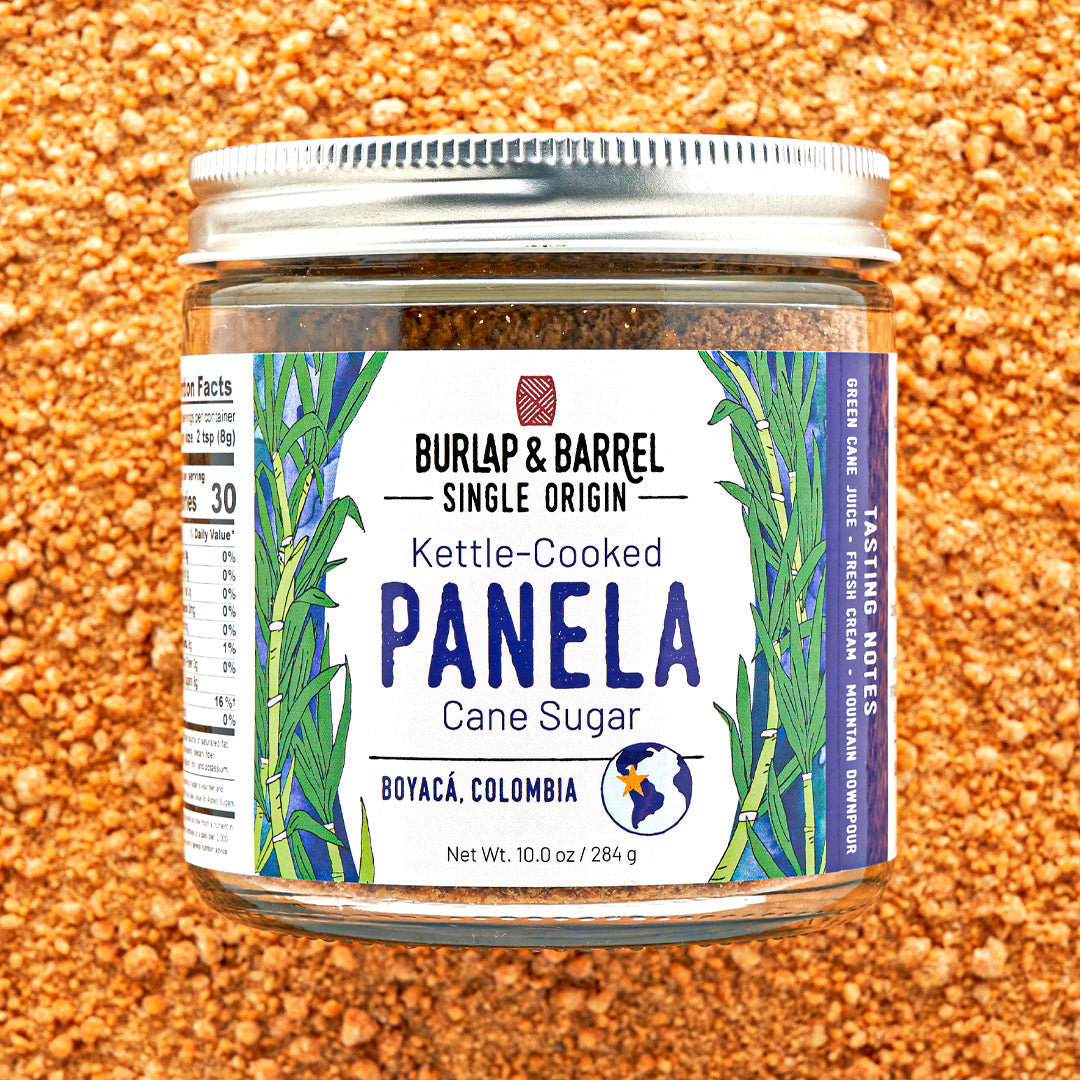Discovering the Benefits of Walking Cane Sugar Processing Chemicals for Sustainable Practices
The assimilation of specialized processing chemicals in cane sugar manufacturing provides a compelling possibility for advancing sustainable techniques within the market. These chemicals not only boost extraction efficiency and item clearness but additionally add to significant decreases in resource intake and ecological impact.

Introduction of Cane Sugar Handling
Walking cane sugar processing involves a series of detailed steps developed to remove and refine sucrose from sugarcane. This process starts with collecting the sugarcane, which is generally done by cutting the stalks short. sugar and cane. Once harvested, the walking stick is moved to a processing facility, where it undergoes washing and shredding to prepare it for juice removal
The following action entails squashing the shredded cane to release the juice, which includes dissolved sucrose together with numerous contaminations. This juice is after that made clear, often with heating and the addition of lime, to remove solid impurities and obtain a clearer liquid. The cleared up juice is consequently evaporated to concentrate the sugar content, resulting in a syrup.
Complying with evaporation, condensation occurs, where sugar crystals form as the syrup cools. These crystals are divided from the continuing to be fluid via centrifugation. The raw sugar is more fine-tuned with processes such as cleaning and drying, inevitably creating the final item that is appropriate for usage. Each action in this comprehensive process is crucial for making certain high-grade walking cane sugar, highlighting the complexity and precision integral in sugar production.
Duty of Processing Chemicals

Using handling chemicals is essential to the reliable removal and purification of sucrose throughout cane sugar manufacturing. These chemicals offer multiple functions, consisting of enhancing the clearness of juice, maximizing extraction rates, and promoting the removal of pollutants. Trick processing chemicals include phosphoric acid, which assists in the clarification process, and calcium hydroxide, which counteracts level of acidity and aids in the precipitation of pollutants.
In addition, refining chemicals can improve the general return of sugar by making certain maximum sucrose extraction from the walking stick. Enzymatic therapies are additionally gaining importance, as they can break down complicated carbs right into fermentable sugars, thereby enhancing effectiveness. The application of these chemicals not just simplifies the production processes yet also guarantees that the resulting sugar satisfies rigid top quality criteria.
In addition, the role of processing chemicals reaches enhancing operational effectiveness by decreasing the energy and water needed during handling. This not only adds to cost savings yet additionally straightens with more comprehensive sustainability objectives within the sugar sector. By maximizing the duty and recognizing of these chemicals, suppliers can boost manufacturing effectiveness while preserving product top quality and safety criteria.
Ecological Advantages
Sustainable sugar production not just boosts operational performance yet likewise provides significant environmental benefits that add to a much healthier ecological community. The use of processing chemicals designed for sustainability aids decrease the eco-friendly footprint of sugar production. These chemicals usually make it possible for the reduction of harmful byproducts, cultivating a cleaner manufacturing process that shields regional waterways and dirt quality.
In addition, sustainable techniques in cane sugar handling enhance biodiversity. By lowering chemical runoff and toxins, these methods secure environments and promote the health and wellness of bordering plants and animals. The application of environment-friendly chemicals often causes far better resource monitoring, as they can help with the usage of organic waste products as fertilizers, hence shutting the nutrient loop and improving the soil.
Inevitably, these innovations not just sustain the sugar sector's ecological objectives however additionally straighten with international campaigns intended at combating climate modification and promoting sustainability. Accepting these methods is vital for the long-lasting practicality of sugar production and the security of our earth's sources.
Performance and Waste Decrease
Carrying out sustainable practices not just boosts environmental end results yet additionally drives effectiveness and waste reduction in cane sugar handling. The assimilation of specialized handling chemicals can substantially enhance production operations, reducing the power and water intake generally associated with typical techniques. Enzymes customized to improve sugar extraction my blog can decrease the amount of raw product needed, resulting in lower functional expenses and diminished waste generation.
In addition, by employing non-toxic or naturally degradable processing representatives, producers can mitigate the danger of wastewater contamination, leading to minimized treatment demands and further preserving resources (sugar and cane). Structured processes allowed by these chemicals can additionally improve the recuperation rates of sugar, which not only makes the most of result but additionally decreases the quantity of byproducts that need disposal
Furthermore, executing real-time surveillance technologies in combination with handling chemicals permits far better control over operational criteria, helping with fast changes that can avoid inefficient inconsistencies. In general, the critical usage of walking stick sugar handling chemicals advertises an all natural method to manufacturing efficiency, lining up financial stability with lasting practices that benefit both producers and the atmosphere.
Enhancing Item Top Quality

In addition, the application of pH regulators can maximize the processing conditions, making certain that the sugar keeps its preferable flavor account while lessening the formation of unwanted by-products (sugar and cane). This not just improves the general quality however also prolongs the service life of the sugar, meeting the needs of both consumers and stores
Furthermore, the execution of these chemicals is frequently straightened with lasting techniques, decreasing the ecological influence of sugar production while improving item quality. By using environment-friendly and biodegradable handling agents, manufacturers can enhance their market allure and add to lasting sector criteria.

Verdict
To conclude, the combination of specialized cane sugar processing chemicals offers substantial advantages for lasting methods within the industry. These chemicals not only enhance juice quality and removal effectiveness but also add to minimized energy and water consumption. Additionally, their use decreases unsafe results, thus lowering greenhouse gas exhausts and advertising environmental wellness. Eventually, such environmentally friendly solutions straighten product top quality with sustainability goals, developing a framework for reliable and responsible sugar production.
The weblink integration of specialized handling chemicals in walking cane sugar production provides an engaging opportunity for advancing lasting techniques within the industry. Each action in this considerable process is critical for guaranteeing high-grade cane sugar, highlighting the complexity and accuracy integral in sugar manufacturing.
The use of handling chemicals is indispensable to the efficient extraction and purification of sucrose during walking cane sugar production. The use of specialized processing chemicals can substantially boost the pureness, color, and taste of sugar products.In final thought, the combination of specialized walking cane sugar handling chemicals offers substantial benefits for sustainable practices within the market.
Comments on “The Role of Sugar and Cane in Creating Flavored Syrups and Sweeteners”